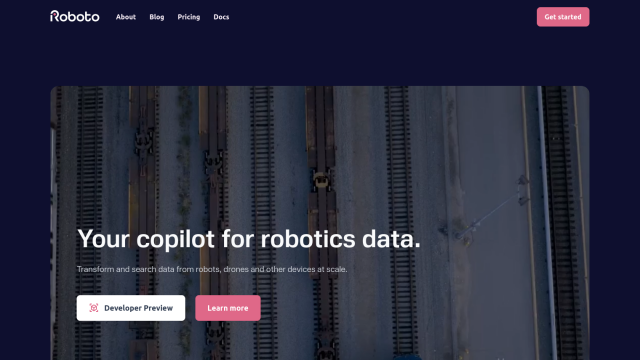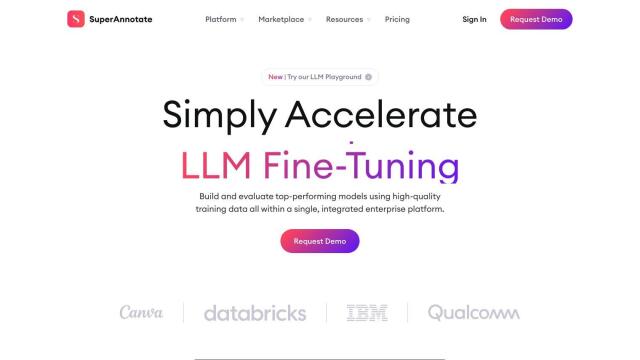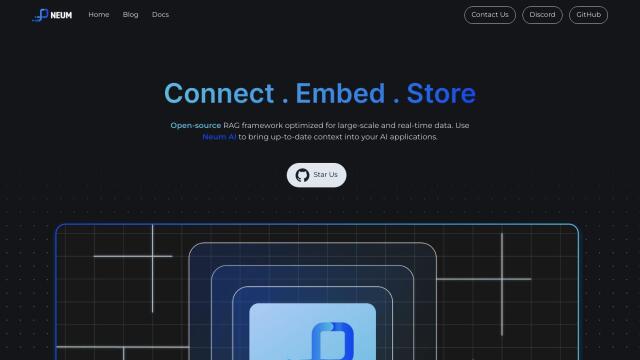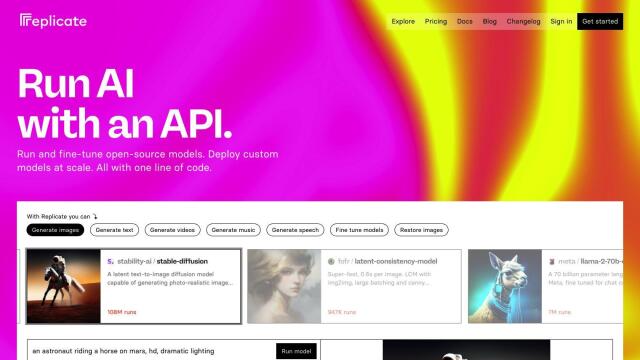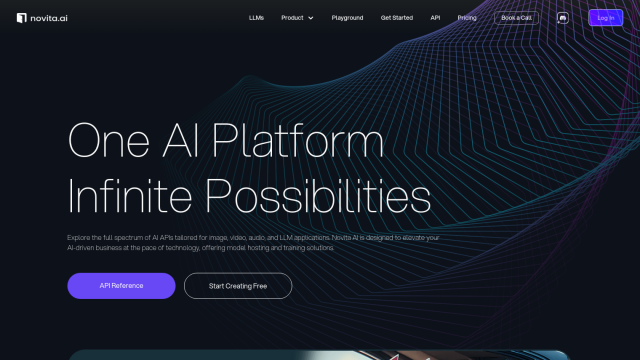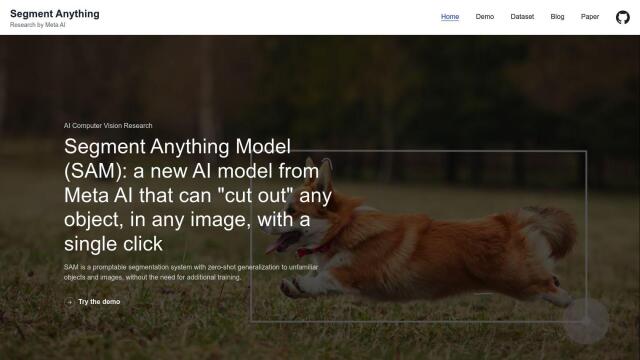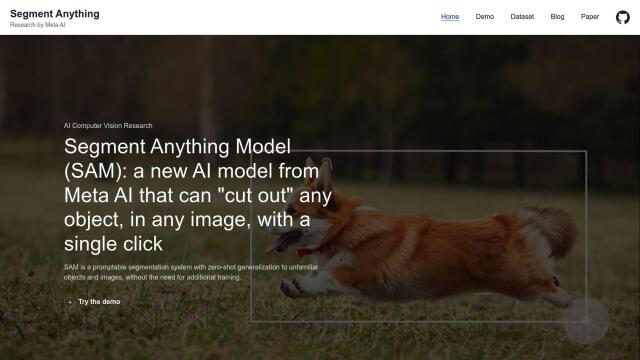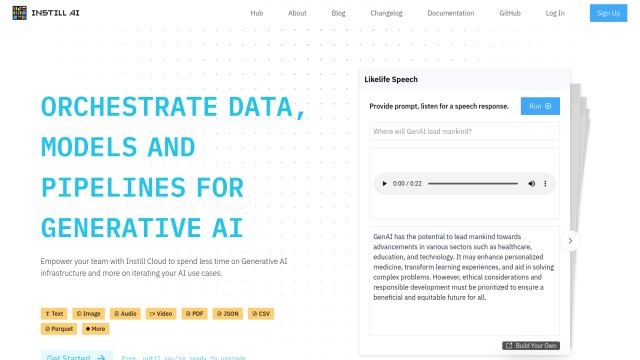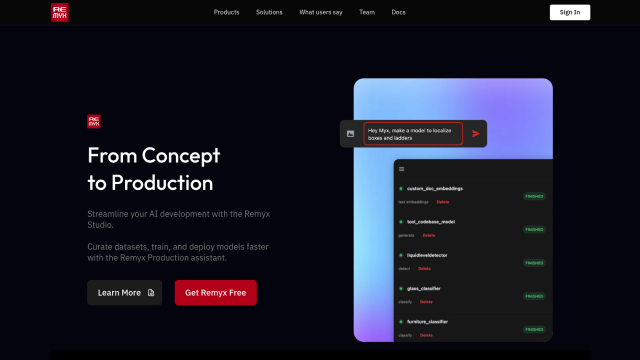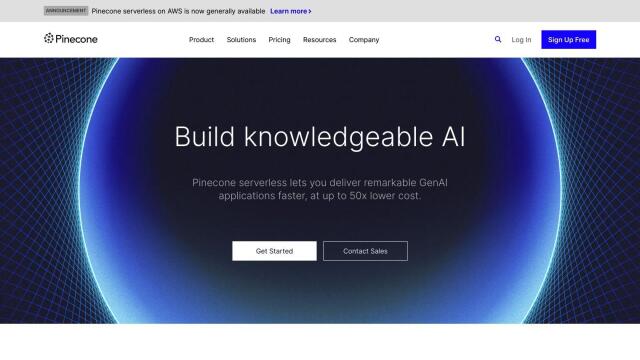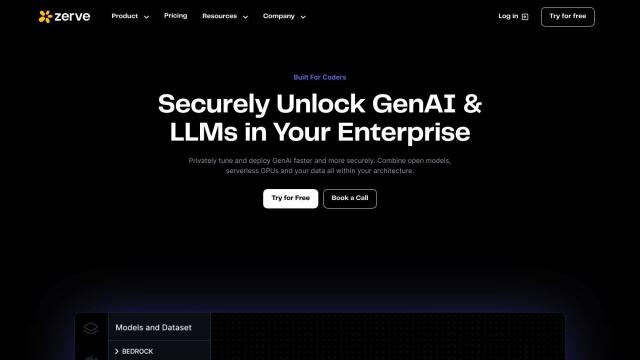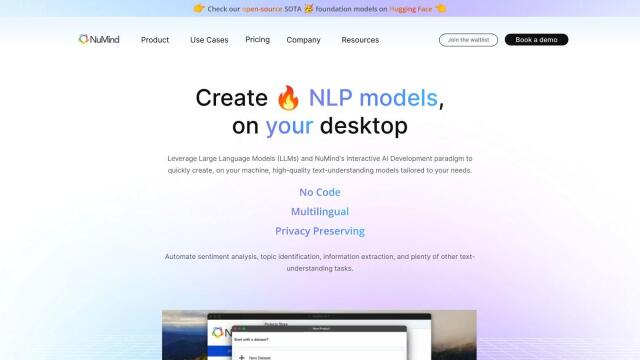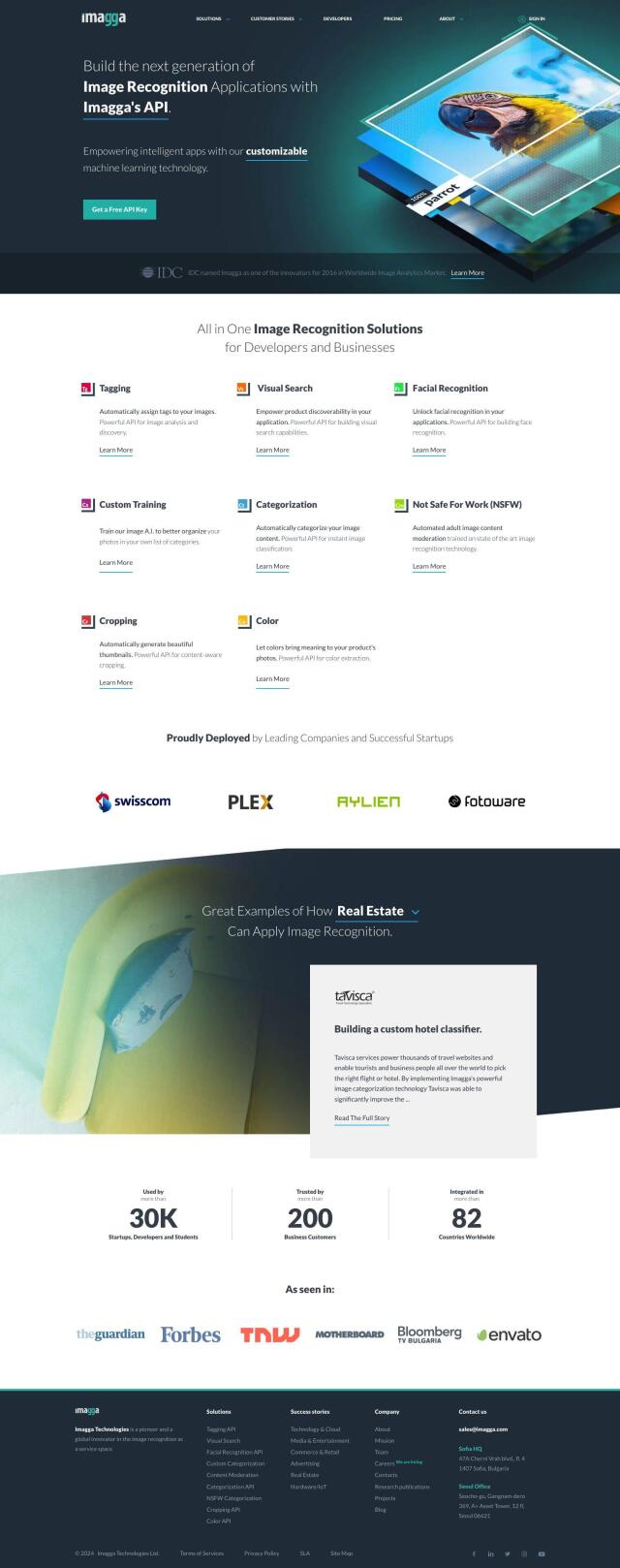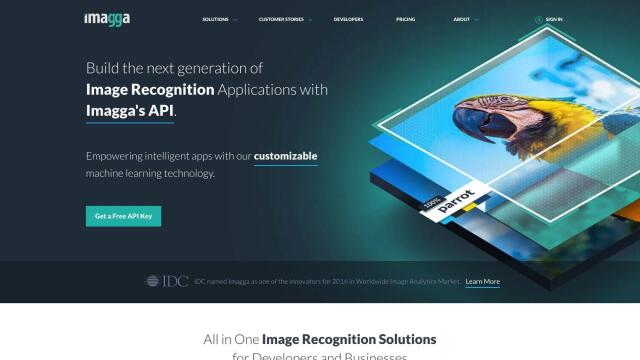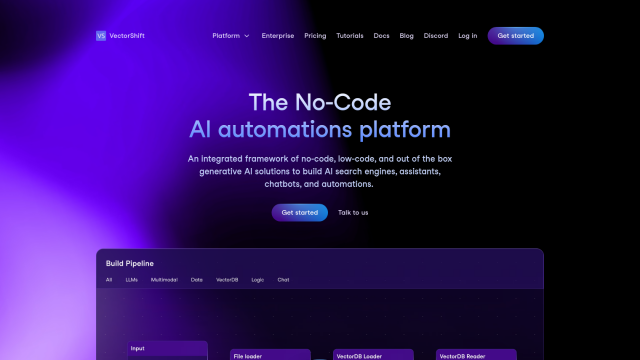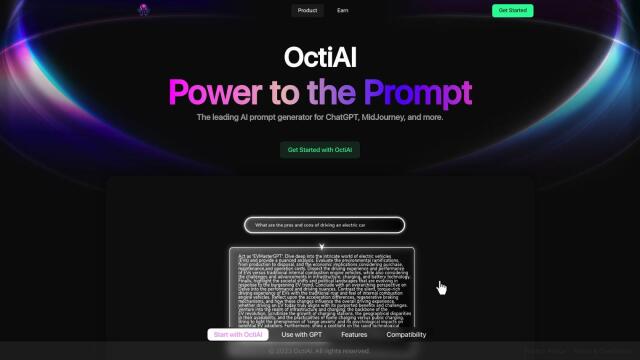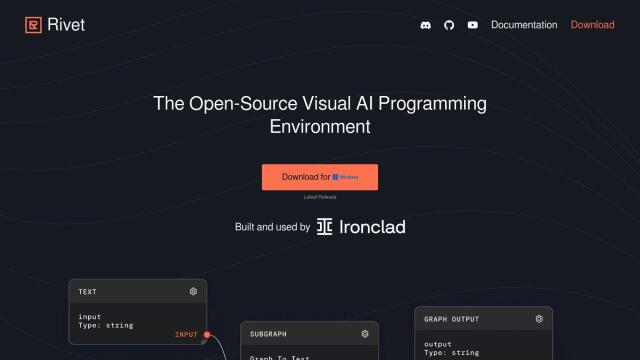Question: Is there an SDK that can handle multimodal data like tensors, point clouds, and text for my computer vision project?

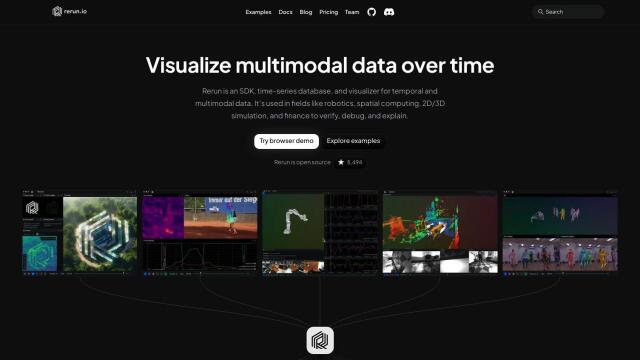
Rerun
If you need an SDK that can ingest multimodal data like tensors, point clouds and text for your computer vision project, Rerun is a great option. This open-source SDK lets you record and visualize computer vision and robotics data in real time. It can handle multimodal data and supports high-performance interactive 2D/3D visualization. Rerun can be used with C++, Python or Rust and is well suited for robotics, spatial computing and 2D/3D simulation.

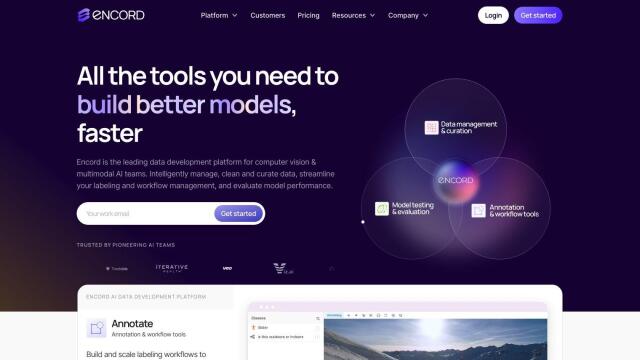
Encord
Another powerful option is Encord, a full-stack data development platform for building predictive and generative computer vision applications. It includes tools for data ingestion, cleaning, curation, automated labeling and model performance evaluation. Encord's interface is designed to be easy to use, and it offers compliance with SOC2, HIPAA and GDPR, so it's a good option for your project. The platform can handle a range of data formats and can be integrated with other storage and MLOps tools.

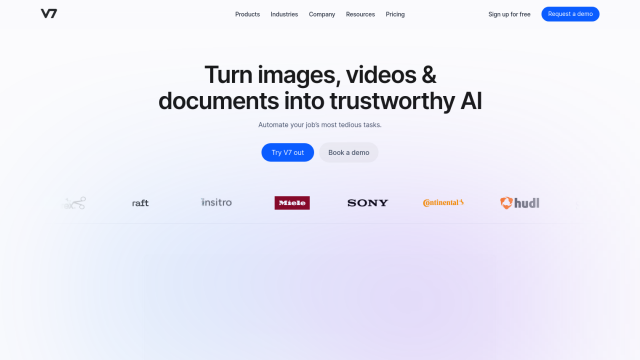
V7
If you want to automate some of the drudgery of your machine learning development work, V7 is worth a look. It includes tools like Darwin for automated image and video labeling and Go for multi-modal tasks. V7 can handle a broad range of data formats and can be integrated with common tools and services, so it's good for a range of industries. The platform can optimize data labeling, reducing labeling costs by a factor of 10 and automating tasks to a high degree.

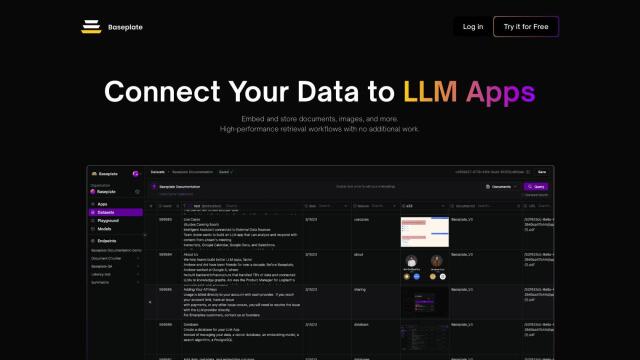
Baseplate
Last, Baseplate is a data management system designed to let you integrate lots of different data types, like documents, images and text, into one unified database. It can handle multimodal LLM responses and has optimized data embedding, storage and version control. Baseplate is good for simplifying data management in LLM use cases, letting developers focus on building useful AI applications with high-performance retrieval workflows.

